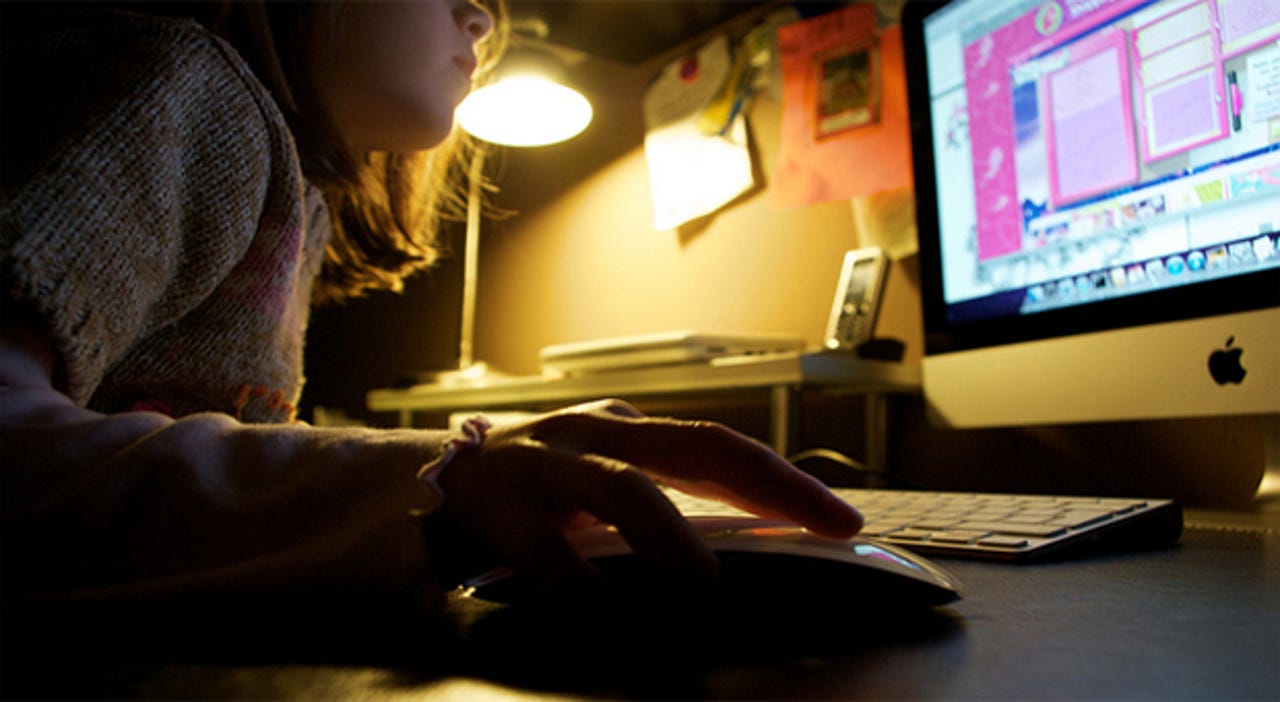Kids: 'Google it' or ask parents and teachers?

A new study conducted by the Birmingham Science City organisation, UK, has questioned just how often children are now using search engines for information -- instead of asking living, breathing counterparts such as their parents or teachers.
The survey of 500 six to 15 year olds across the United Kingdom was conducted last month, from the 9 - 18 March.
It aimed to uncover how often the younger generation are using digital technologies as an information source rather than more traditional alternatives, such as print media, and what their personal preferences as a generation appear to be.

Dr Pam Waddell, Director of Birmingham Science City, commented:
"With children now growing up in an environment where digital technology is accepted as standard, we wanted to see just how this has affected their approach to research and exploration.
It's not surprising that with answers at the touch of the button, youngsters often Google questions before asking parents, friends or teachers."
54 percent of those surveyed admitted that Google is now their first point of call when they need to answer a question or find information for research purposes.
- 91 percent of the children asked use Google;
- Almost half -- 47 percent -- use the service at least 5 times per day;
- 18 percent said they use the search engine ten times or more each day.
If Google does not provide the answers a child wants, a fifth would then go to Wikipedia to extend the search. Only 3 percent stated they would alternatively ask their teacher for assistance.
Interestingly, nearly one in ten -- 9 percent -- stated that they would 'never' go to their teachers for answers.
It is not only education professionals that now find themselves losing ground as a source of information or advice. Parents also take second place to the search engine; with 26 percent of children stating they would turn to digital services first for an answer to their query:
- 34 percent of children aged six to 15 do not believe that their parents could help with homework;
- 14 percent of children do not even consider their parents 'to be intelligent'.
Not every parent may be considered 'intelligent', however, a quarter of the children surveyed had no idea what an encyclopedia is -- 10 percent believing it is a cooking implement, something you travel on, use to catch a ball, or an operation instrument. Almost half have never used a print encyclopedia, and 19 percent have never used a print dictionary.
Birmingham Science City's report also found that mobile device use is on the increase. 31 percent of children involved in the study have used an iPad, Kindle or computer in order to read a book, and 36 percent do so on a weekly basis.
Image credit: Thiloleibelt
Related: